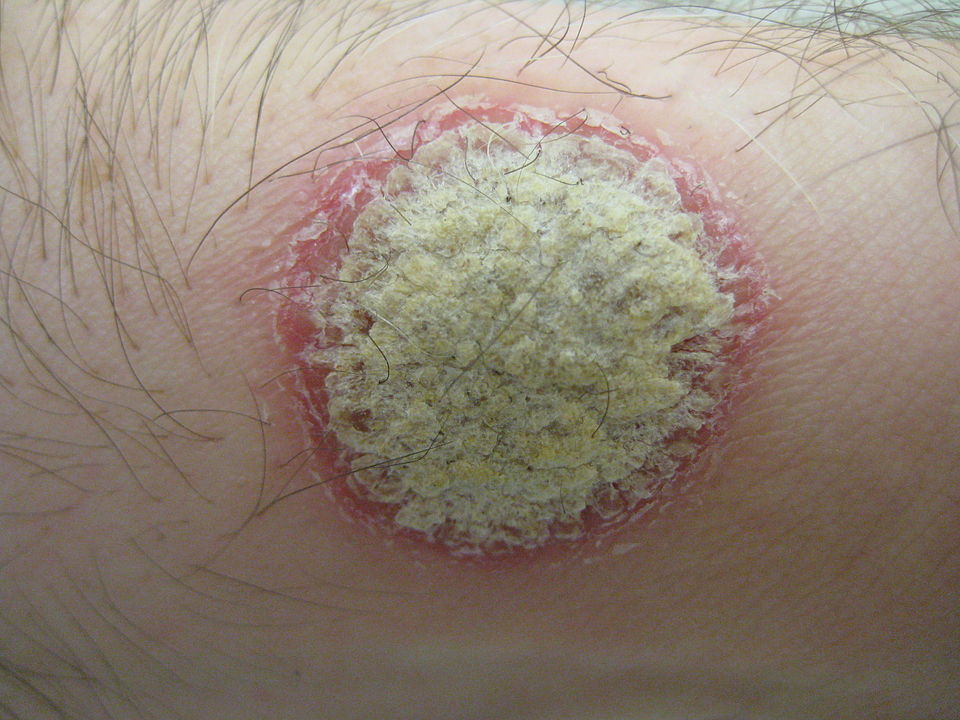
About a third of people with psoriasis develop inflammation in their joints (psoriatic arthritis) as a result of the chronic skin condition. Research published in Annals of the Rheumatic Diseases has now discovered a key starting point for inhibiting inflammation in both psoriasis and psoriatic arthritis. These findings may lead to major new developments for treatment, diagnostic and prevention strategies.
The study conducted by the research group led by Erwin Wagner at the Medical University of Vienna focused on the S100A9 gene. The team has discovered that the severity of psoriasis (Ps) and psoriatic arthritis (PsA) can be reduced by inhibiting S100A9 systemically throughout the whole body rather than locally on the skin.
With this finding, the researchers are laying the foundation for a paradigm shift in the treatment of Ps and PsA: “Our study is an important step towards the development of targeted therapeutic options in the form of drugs that act systemically rather than locally on the skin,” affirms Erwin Wagner. New diagnostic and prevention strategies can also build on the study.
Psoriasis, typically an adult-onset disease, have triggers such as stress and UV radiation. There can also be a genetic predisposition to developing Ps. S100A9 activation in skin and immune cells has been identified as a risk factor for the development of Ps and/or PsA.
Previous work by Erwin Wagner’s team showed that the symptoms of psoriasis disappear when the S100A9 gene is deactivated in all of the body’s cells. Their recent preclinical experiments highlighted the particular influence that those skin and immune cells in which S100A9 is produced have on disease severity. “We now know that the inflammatory responses in psoriasis and psoriatic arthritis are enhanced when S100A9 is only inhibited in skin cells,” Erwin Wagner explained. Therefore drugs inhibiting S100A9 would have to be administered systemically in the form of tablets or drips
Source: Medical University of Vienna

